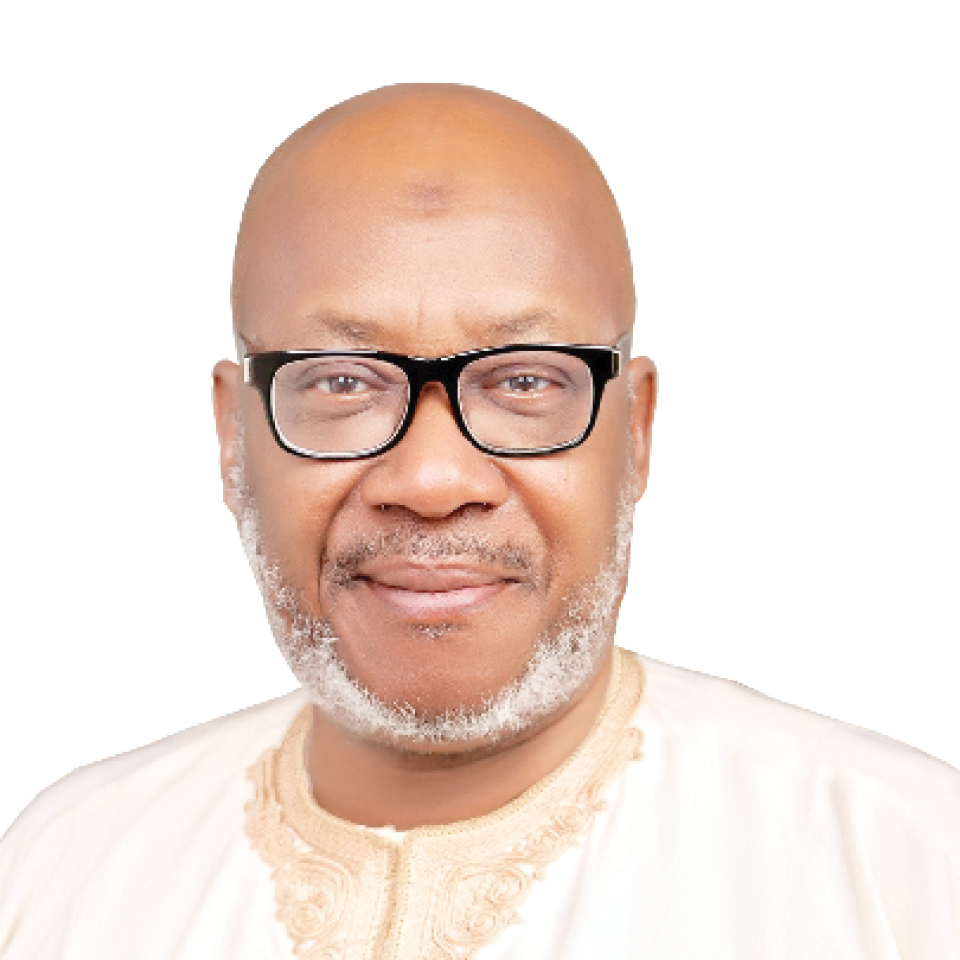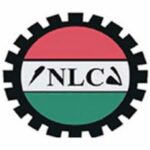Former Acting Director-General of the National Automotive Design and Development Council (NADDC) and Managing Director, Transtech Industrial Consulting, Luqman Mamudu, in this interview with our correspondent, says Nigeria’s auto industry remains backwards due to non-passage of the National Automotive Industry Development Plan (NAIDP) into law nine years after it was drafted.
Would you say Nigeria’s auto industry is jinxed?
Certainly not! Nigeria’s automotive industry is not backward if you push back and examine the status in 2012/13, the eve of the NAIDP launch. From a mere installed capacity of less than 80,000 vehicle units per annum and 1% capacity utilisation, it rose to about 500,000 installed capacity and 10% capacity utilisation by 2017. Although it dropped to 6% by 2022, installed capacity remains high.
Besides, nearly all the OEMS (Original Equipment Manufacturers), including Nissan, Ford, Kia, Honda, Peugeot, Geely, TATA, Hyundai, GM, SINOTRUCK, YUTONG, JAC, MAN, FAW, etc have established investment pipeline in Nigeria. Indigenous Nigerian automotive companies like IVM, NORD, Proforce, JETVAN, Lafbert Innovations, IPI etc have also invested massively in the industry.
As of 2017/18, nearly 3000 Nigerians were employed in the industry which witnessed over $2 billion in investment between 2014 and 17. The NAIDP Investment Confidence Bill successfully passed through the lower and upper chambers of the legislative arm of government but failed to get presidential assent.
This certainly slowed investment by OEMS because they fear policy summersault which can compromise their investment. The capacity utilization, which was gradually increasing, stopped and began to decline. This non-presidential assent also indirectly led to serious challenges within the administrative space. Those in and outside the government who never liked the policy mobilised against it. So it wasn’t a jinx.
To what extent would you say the Finance Act 2020 which reduced tariff on importation of Fully Built Vehicles (FBU) from 35% to 5 per cent has impeded the growth of the nation’s auto industry?
If the non-assent by the presidency knocked down the bill, the 2020 finance structure kneeled on its neck. It was ill-advised and as such the provision should be reversed. It had no input from the National Tariff Review Committee as required. The incentive to assemble commercial trucks and buses which are easier to build locally and require minimal investment capital, was removed.
Unfortunately, Nigerian assemblers had achieved so much capacity in this category, especially in bodybuilding. Previously, the import tariff on fully built commercial vehicles was 35% while assemblers had the incentive to import their broken-down kits (KD) at 10% but the imported FBU was made 10%.
Curiously, agricultural tractors for which NAIDP provided 0% import duty to encourage agriculture were increased to 5%. No one knows the rationale. As a result of the 2020 tariff structure, local assembly for commercial vehicles categories has practically disappeared but for a few firms like Dangote, Shacman and FAW. Everyone is now importing both new and used vehicles.
These have now flooded the entire streets of Nigeria. Nigeria is now the biggest destination for used vehicles. The argument by those who engineered it was that the move was to reduce the prices of commercial vehicles for the masses. Prices went up instead. This was during COVID-19 and the increasing fall of the naira. It was simply an excuse to slash the tariff on SUVs which was formerly 70% but is now 25% or thereabout. Established local capacity to build SUVs has also stalled more or less.
As a former acting DG of NADDC, what do you think the council should have done better in the last five years?
Undertake a mid-term policy review as provided for in the NAIDP and scheduled for 2018. This was to involve the engagement of all stakeholders. Secondly, policy implementation monitoring and evaluation exercises should have been sustained. Thirdly, the NAIDP programmes which included automotive supplier park, safety standards laboratory, and automotive credit purchase scheme to drive demand for made-in-Nigeria automobiles, shouldn’t have been abandoned.
Some analysts believe that the stunted growth of Nigeria’s auto industry has worsened the economic problem we had since the introduction of NAIDP in 2014?
The automotive industry is recorded to contribute significantly to economic prosperity and certainly would have done the same for Nigeria. The automotive industry can account for as much as 12% of a country’s GDP. However, I have no statistics indicative of its responsibility for Nigeria’s slow growth or worsening economic problems.
What is your reaction to the recent approval of the so-called amended auto policy by the Federal Executive Council about a week before the end of Muhammadu Buhari’s administration?
I’ve gone through the summary only. I don’t have the full copy but I think they may have reintroduced a clause that caused its presidential rejection in the first place. The crafters apparently didn’t consult widely. The tax holidays provided for in it are already well accounted for in the Nigeria Investment Pioneer Act. Besides, its incentive provisions don’t seem deep enough to attract investors; local or foreign. As I said, I’ve not had the privilege of seeing the full copy.
To what extent did President Buhari’s regime fulfil the promises it made to the auto industry stakeholders after assuming office in 2015?
There was an executive order to patronize made-in-Nigeria vehicles. This underscores his interest in the industry. He also did not cancel the 2014 NAIDP as many traders wished him to. I am not too sure that most MDAs respected the executive order for patronage anyway. Just look at their fleets.
What agenda would you like to set for the new administration of President Bola Ahmed Tinubu?
It should pick up the 2014 NAIDP and have it reviewed by the stakeholders. The following programmes of 2014 NAIDP should be singled out for implementation. One, the automotive credit purchase scheme launch. The anticipated N800 billion for petroleum subsidy and other sources should be injected into the scheme. This will make it affordable. Bus operators and haulage companies should primarily be the beneficiaries of this scheme as individuals may not be able to sustain repayment from meagre salaries.
Transportation costs will drop. So let’s create a culture of bus riding. We do so gladly abroad. Only made-in-Nigeria vehicles should be sourced under the scheme. This will quickly revive the automotive industry, drive demand for their products and lead to massive employment along the value chain.
Also, the lands already acquired by NADDC in Kaduna, Oshogbo and Nnewi for automotive components and parts production should be realised. This will drive local content and massive employment. To be competitive in the AfCFTA, this project is a must. It’s only high local content that will qualify you to sell automotive products across Africa duty-free. If you don’t, other African countries will take advantage of our over one million vehicles per annum market.
The automotive safety laboratory for emissions in Lagos, the components and parts laboratory in Enugu, and the materials laboratory in Zaria should be completed and made functional. This is critical for homologation in the industry.
The fiscal incentive must be adjusted to take full advantage of limits allowed by member states for the industry they wish to protect. Secondly, in order for the components and parts industry to grow, we need to ring-fence the tariff code for automotive manufacturers.
Nigeria has over 12 million vehicles on the road. We can locally make parts and components to maintain them as well as serve the emerging assembly industry. All these translate to jobs. This is what Nigeria needs now.
Lastly, this is not only for the automotive industry. The industry particularly faces challenges in sourcing FOREX. My recommendation which is nothing new is for the new government to scrap the parallel market for forex which I think the new president also talked about.
There should be only one exchange rate for naira. Domiciliary account should be scrapped. Those who require forex should state the purpose and apply based on funds in their accounts.




